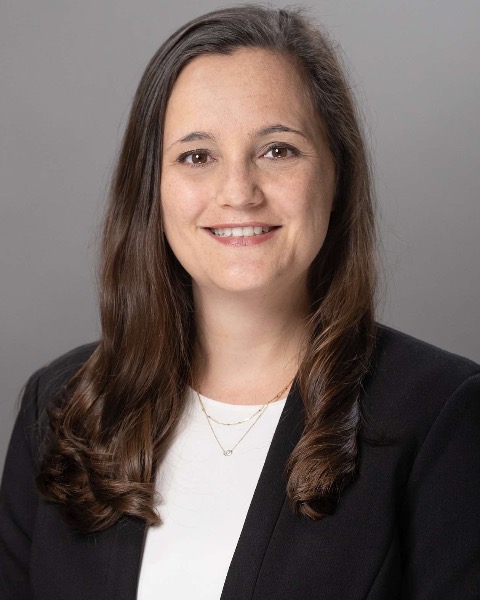Medical Education
Session: Medical Education 3 Works in Progress
WIP 36 - Is the Ability for Residents to Co-orient Contingent on Performing the Initial Patient Assessment?
Sunday, May 5, 2024
3:30 PM - 6:00 PM ET
Poster Number: WIP 36
Publication Number: WIP 36.2444
Publication Number: WIP 36.2444

Julia E. Sessions, MD (she/her/hers)
Pediatric Chief Resident
University of Virginia School of Medicine
Charlottesville, Virginia, United States
WIP Presenting Author(s)
Background: Delivering effective oral patient case presentations is a vital skill needed to efficiently co-orient medical colleagues. Since 2018, there has been a 3.5-fold increase in annual patient admissions to the acute inpatient service at our university-based children’s hospital. In response to this increase in admissions, the pediatric residency program created an afternoon/evening Admitting Senior (AS) role to offset the evolving resident workload. The residency program has a daily morning report conference during which residents present patients recently admitted to the hospital. Traditionally, patient presentations were exclusively given by the resident who performed the admitting assessment. With this new role, patients assessed by the AS may be presented by a different senior resident who received handover of care but did not perform the initial assessment.
Objective: The objective of this project is to determine if the addition of a new Admitting Senior role impacts the quality of resident oral patient presentations.
Design/Methods: This IRB approved study (#6214) has previously identified foundational components of effective oral case presentations. Using evaluation cards, selected senior faculty assess the quality of resident patient presentations. Criteria include, but are not limited to, the amount of information provided, organization, and relevant clinical knowledge. The faculty assessors also distinguish whether or not the resident presenter performed the admission assessment. In order to assure evaluator reliability, we will perform interrater reliability analyses on the initial evaluations. Ongoing analyses will include average scores for each domain for presentations given by residents who admitted the patient and presentations given by residents who did not admit the patient. We hypothesize scores will be significantly different between these two groups, suggesting the transition of care from AS to presenter impacts the presenting resident’s ability to co-orient and give an optimal patient presentation.
